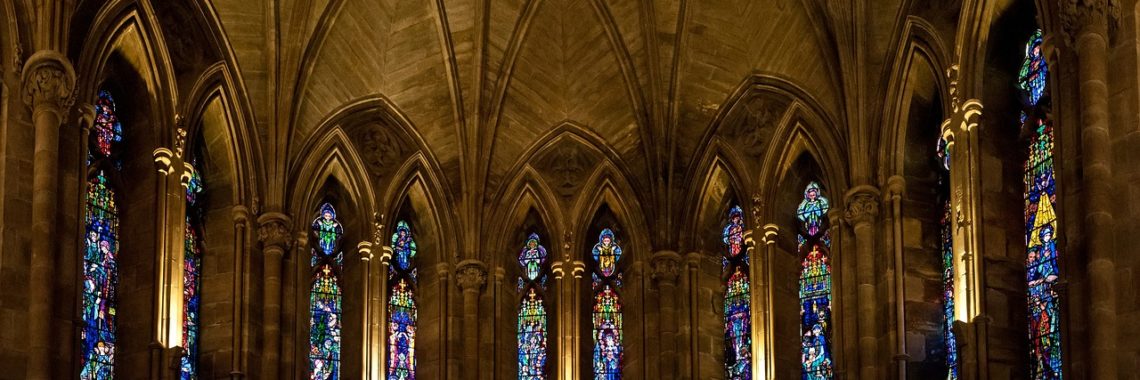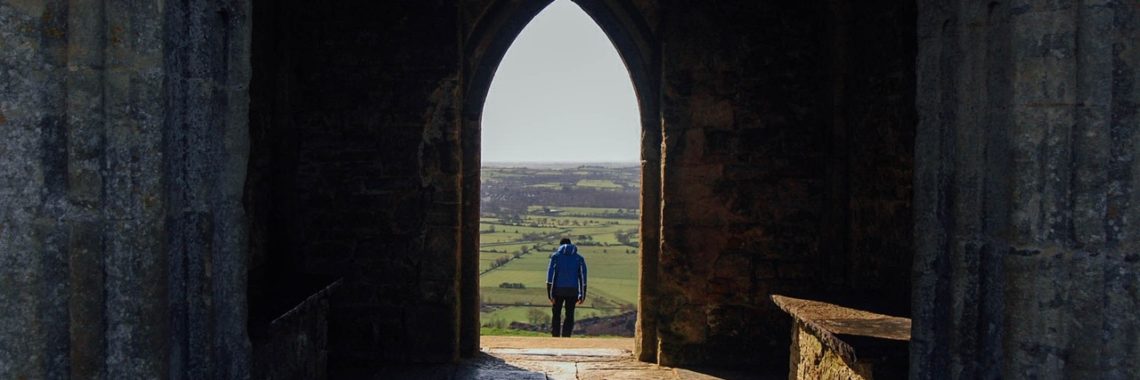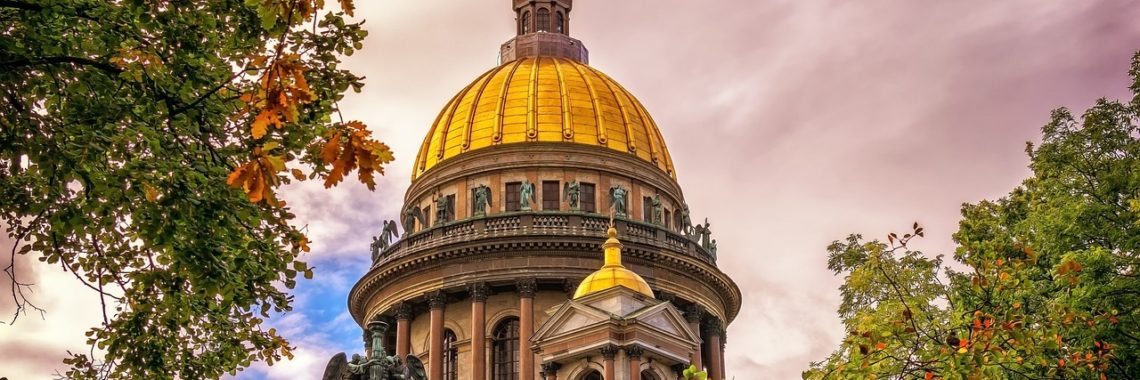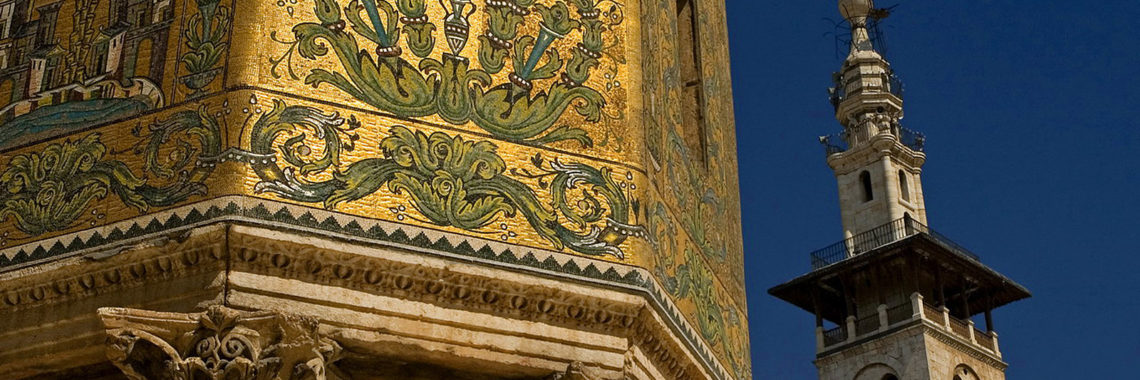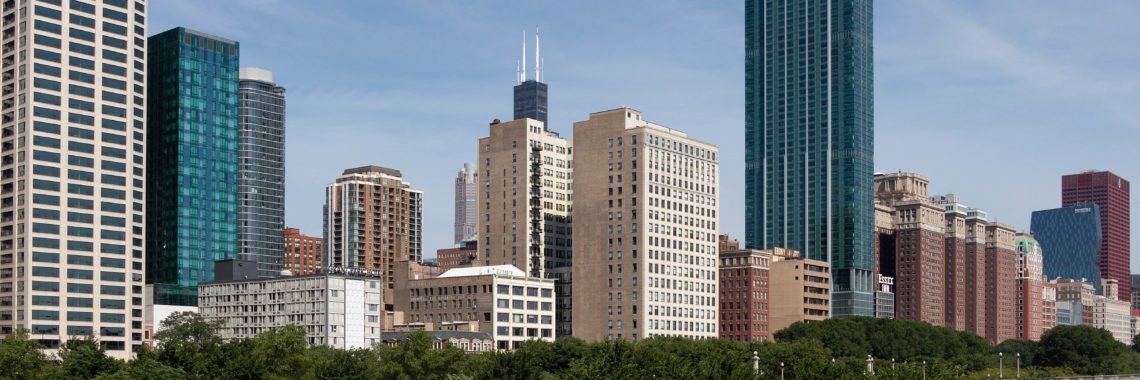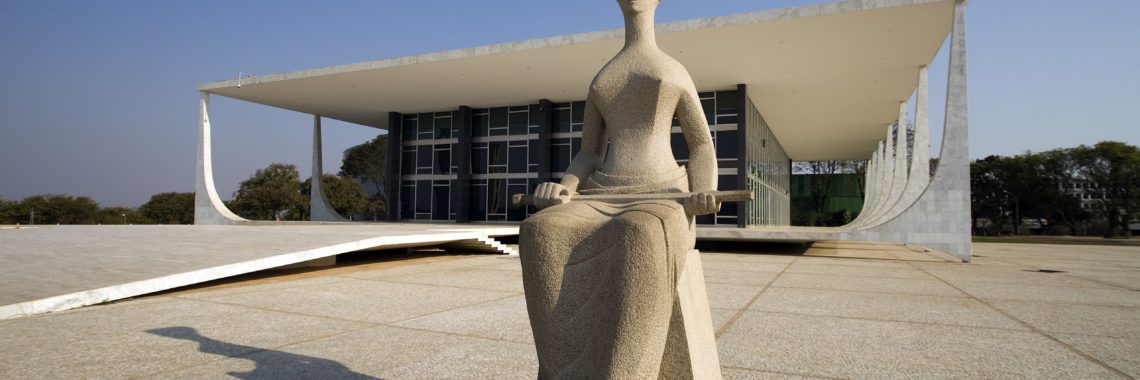“RFRA and the New Thoreaus” by Mark L. Movsesian
Image: “Abbey, Church, Interiors” from Pixabay (License). This article is part of our “The Religious Freedom Restoration Act at Thirty” series. If you’d like to explore other articles in this series, click here. It hardly seems imaginable today, but the Religious Freedom Restoration Act, which restored strict scrutiny and made it easier for citizens to receive religious…


